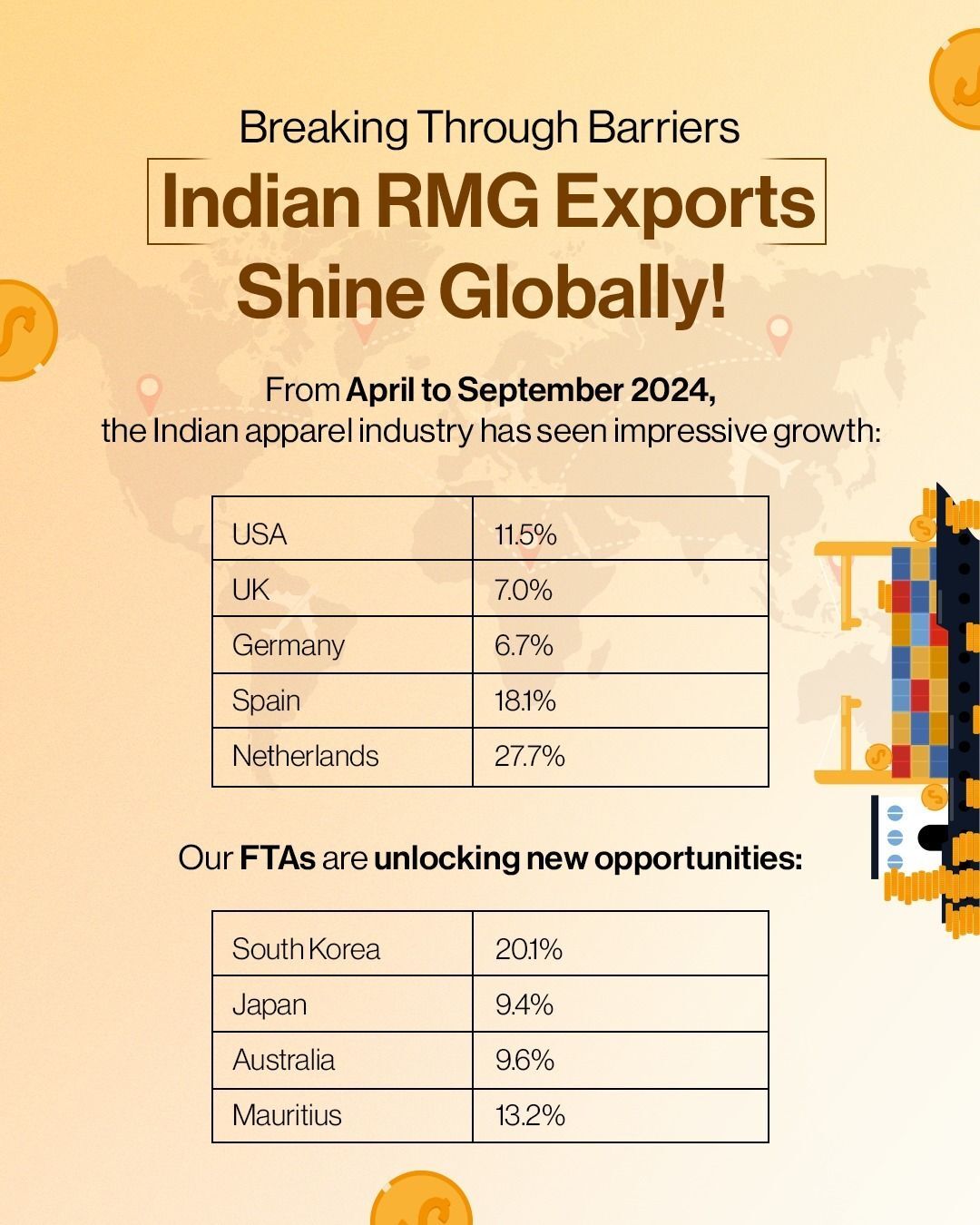Economic challenges in the Nordic regionrising inflation, high interest rates, and currency weaknesshave dampened consumer confidence in 2024. A Euromonitor survey found 38 per cent of Swedes and 26 per cent of Danes concerned about their financial security, with 20 per cent reporting increased debt and reduced savings compared to 2023. Generation X and millennials, key apparel and footwear buyers, are most affected, driving a shift in shopping habits.
Retailers have responded with frequent discounts and outlet expansions, catering to a growing preference for affordability and quality. Visits to discount stores in Sweden surged 38 per cent in 2024, with low prices and value-for-money emerging as top purchasing drivers.
However, apparel and footwear volume sales in the Nordics fell, contrasting with Western Europe’s 17 per cent growth in retail value. Sweden, facing steep price increases, experienced a 2 per cent drop in volume sales.
The pre-owned fashion market has flourished amidst financial pressures. Frequent second-hand buyers in the Nordics rose to 27 per cent in 2024, while those avoiding pre-owned goods dropped to 15 per cent.
Platforms like Tradera and Vinted have expanded, with Vinted acquiring Denmark's Trendsales. Traditional retailers are also embracing the trend H&M launched its ‘Pre-Loved’ concept store in Sweden, offering curated second-hand collections.
Looking forward, economic concerns and sustainability priorities are set to fuel further growth in second-hand fashion, with businesses adopting circular models poised to thrive.












